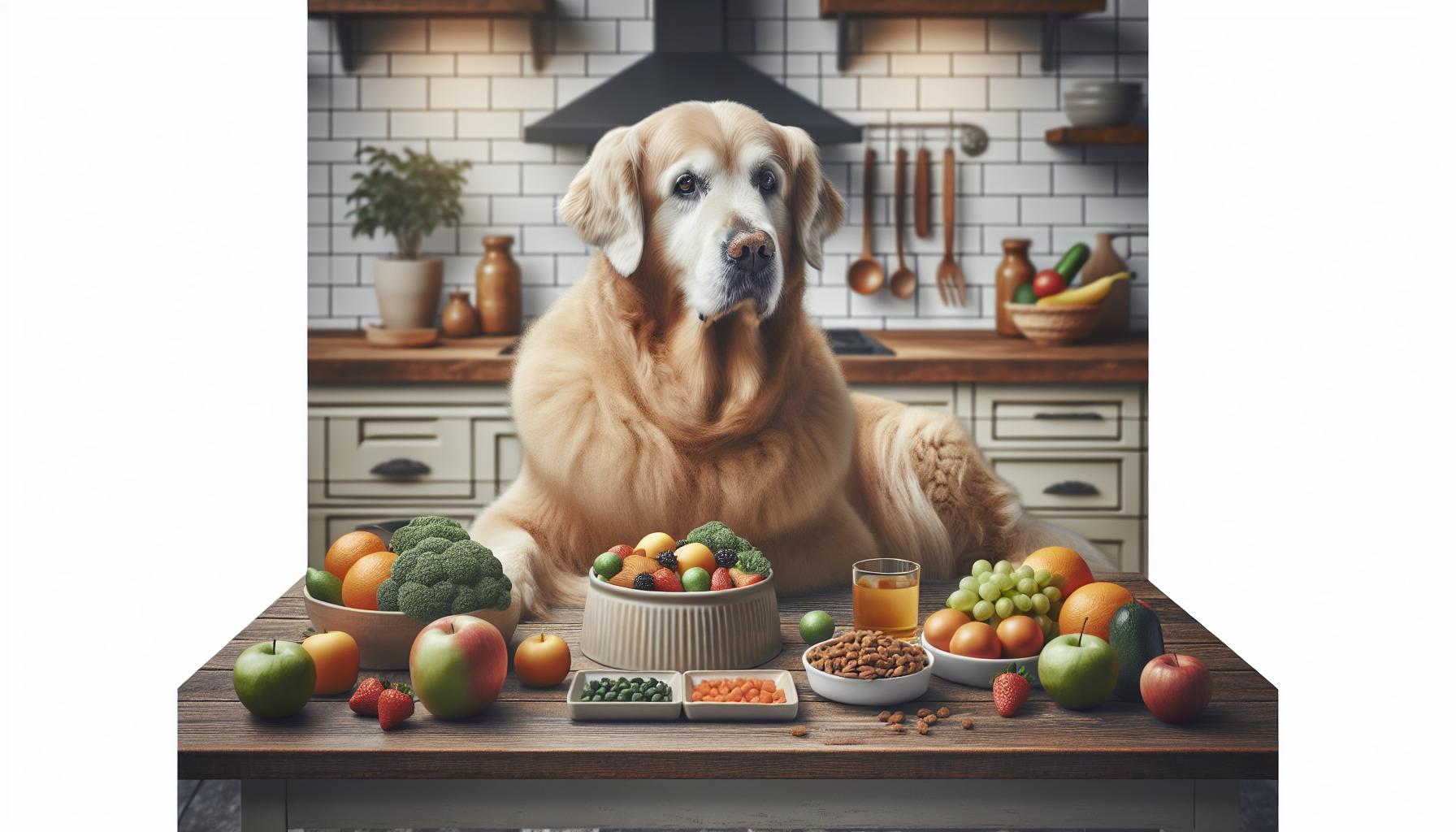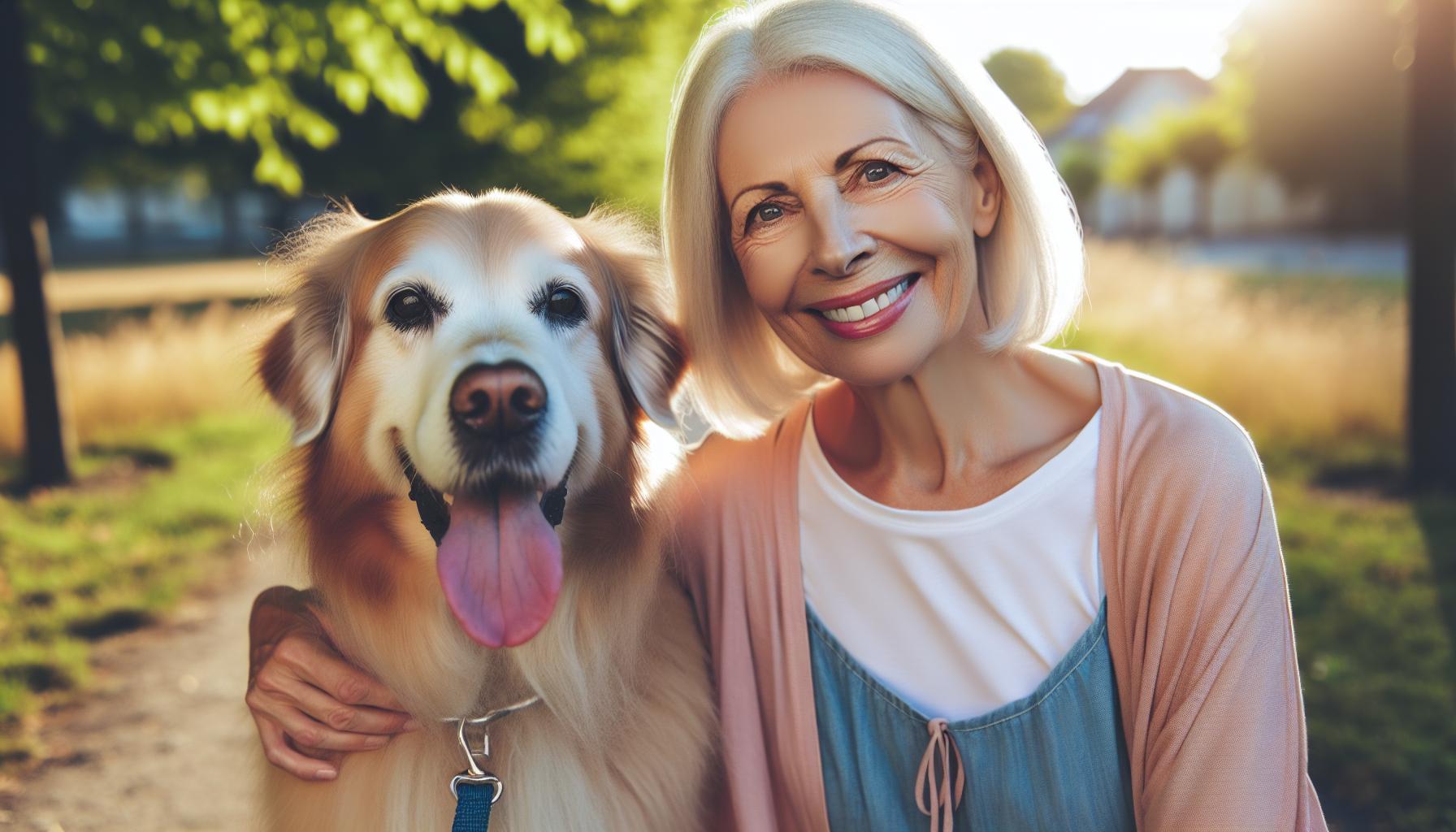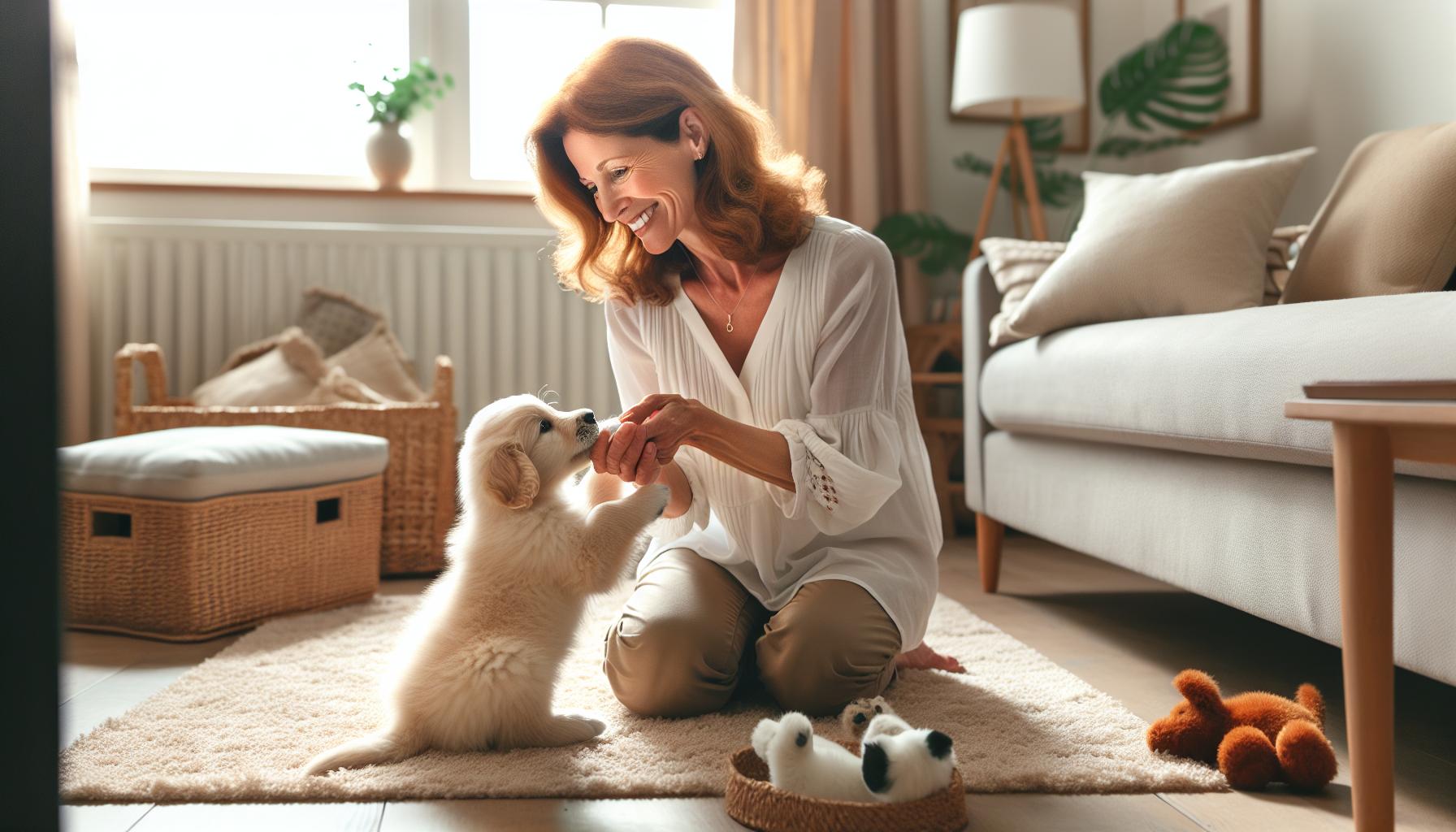As pets age, they often become a bit more like grumpy old men—set in their ways and occasionally forgetting where they left their favorite chew toy. Senior pet care is essential for keeping those furry companions happy and healthy in their golden years. After all, just like humans, pets need a little extra love and attention as they navigate the challenges of aging.
From specialized diets to gentle exercise routines, caring for senior pets can seem overwhelming. But fear not! With the right tips and tricks, you can ensure your beloved pet enjoys their twilight years with the same enthusiasm they had for chasing squirrels. So grab a comfy chair and a treat or two, because it’s time to dive into the world of senior pet care that keeps tails wagging and hearts full.
Understanding Senior Pet Care
Senior pet care focuses on the unique needs of aging pets. These pets require special attention to ensure a comfortable lifestyle.
Importance of Senior Pet Care
Caring for senior pets enhances their overall quality of life. Prioritizing their health can lead to extended lifespans and improved well-being. Pet owners must recognize the importance of regular veterinary check-ups. Regular visits help detect health problems early. Customized diets tailored for senior pets support their nutritional needs. Gentle exercise routines maintain their mobility and prevent obesity. By providing appropriate care, pet owners create a nurturing environment that fosters happiness.
Common Health Issues in Senior Pets
Older pets often face various health concerns. Arthritis frequently affects their joints, leading to discomfort. Dental issues, such as gum disease, can result in pain and tooth loss. Obesity poses a significant risk for seniors, contributing to other health challenges. Kidney disease and diabetes are common metabolic disorders seen in older animals. Cognitive dysfunction syndrome may also impact their mental health and behavior. Recognizing these issues allows owners to act swiftly and seek preventive care measures. Regular examinations by a veterinarian enable early diagnosis and appropriate management of these conditions.
Essential Nutritional Needs

Aging pets require a balanced diet tailored to their unique health challenges. Nutrition directly impacts their overall well-being and quality of life.
Recommended Diet for Senior Pets
Protein sources should be high-quality and easily digestible. Senior pets benefit from diets rich in lean meats, fish, and certain plant-based proteins. Fiber helps maintain healthy digestion; thus, incorporating fruits and vegetables like pumpkin and carrots can improve gut health. Reduced fat content is essential to prevent obesity, particularly in less active pets. Additionally, choosing foods formulated specifically for senior pets can address common health issues. Vitamins such as E and C strengthen the immune system. Always consult a veterinarian to ensure any diet meets individual health requirements.
Supplements for Senior Pets
Certain supplements may enhance a senior pet’s health. Omega-3 fatty acids support joint health and reduce inflammation, proving beneficial for pets suffering from arthritis. Glucosamine and chondroitin sulfate promote cartilage repair and improve mobility. Antioxidants help combat oxidative stress, which accumulates with age. Probiotics aid digestive health by promoting beneficial gut bacteria. Always choose high-quality supplements that align with a pet’s specific health conditions. Consulting a veterinarian ensures the right supplements and dosages, maintaining optimal health for senior pets.
Exercise and Mobility

Maintaining mobility in senior pets is crucial for their health and quality of life. Gentle, low-impact activities promote fitness while reducing stress on joints.
Low-Impact Activities
Walking remains a fundamental exercise for older pets. Short, leisurely strolls help maintain cardiovascular health and strengthen muscles. Swimming serves as another beneficial option, offering a low-impact way to engage pets while minimizing joint strain. Engaging in interactive play with soft toys or gentle games encourages mental stimulation without overwhelming them. Consider using puzzle toys that promote movement while keeping pets mentally active. Regularly scheduled play sessions foster bonding and comfort. Monitor activity levels to ensure pets don’t overexert themselves.
Signs of Pain or Discomfort
Awareness of pain signals in senior pets enhances their well-being. Limping or reluctance to walk often indicates underlying joint issues or discomfort. Changes in eating habits or lethargy may also point to pain. Vocalizations like whining or growling can signal distress. A pet’s inability to rise after resting or difficulties during grooming necessitate immediate attention. Observing behavioral shifts such as excessive grooming or avoiding certain activities provides essential insights into their comfort levels. Consulting a veterinarian is vital for effectively addressing signs of pain and ensuring a happier, healthier senior pet.
Regular Veterinary Check-Ups
Regular veterinary check-ups play a crucial role in senior pet care. Annual or biannual visits allow veterinarians to monitor health changes and detect issues early.
Importance of Routine Health Assessments
Routine health assessments help in identifying potential health concerns like arthritis or kidney disease. Aging pets often hide pain and discomfort, making these evaluations essential. During examinations, veterinarians can perform blood tests and physical assessments to gauge overall well-being. Early detection of diseases improves treatment outcomes significantly. Maintaining a consistent schedule fosters a proactive approach to health management, making it easier to adapt treatments or lifestyles in response to any findings.
Vaccinations and Preventive Care
Vaccinations play a vital role in safeguarding senior pets against preventable diseases. Even in older animals, updated vaccinations are necessary to ensure ongoing protection. Preventive care includes dental checks, which are critical for avoiding dental disease and maintaining oral health. Regular preventive measures help in managing health risks associated with aging. By adhering to veterinarian-recommended vaccination schedules, pet owners can contribute significantly to their pet’s longevity and quality of life.
Creating a Comfortable Environment
Creating a comfortable environment for senior pets enhances their quality of life. Adjusting the home space to suit their needs fosters comfort and security.
Home Modifications for Senior Pets
Home modifications significantly improve comfort for aging pets. Elevated food and water bowls can ease strain on joints during meals. Non-slip rugs or mats help prevent slips on slippery floors. Lowering sleeping areas ensures easy access, while orthopedic beds provide joint support. Creating quiet spaces gives pets a safe retreat from noise. Ensuring that favorite toys are within reach encourages regular play. Frequent trips outside should be accessible, eliminating barriers that could hinder mobility. Each change contributes to a more pet-friendly home environment.
Maintaining Mental Stimulation
Maintaining mental stimulation keeps senior pets engaged and happy. Interactive toys stimulate problem-solving skills, providing entertainment and mental challenge. Short training sessions promote cognitive engagement and reinforce learned commands. Regular puzzle games offer enjoyable mental workouts, especially when treats are involved. Rotating toys prevents boredom, sparking interest in familiar items. Engaging in gentle play with variety promotes social interaction and reduces stress. Providing companionship through supervised playtime with other pets keeps loneliness at bay. Each activity enriches their daily lives and supports mental health.
Conclusion
Caring for senior pets is a rewarding journey that requires dedication and understanding. By addressing their unique needs through proper nutrition gentle exercise and regular veterinary care pet owners can significantly enhance their companions’ quality of life. Creating a comfortable environment and ensuring mental stimulation are key to keeping aging pets happy and engaged.
Recognizing signs of discomfort and seeking timely medical advice can prevent potential health issues. Ultimately with the right approach senior pets can enjoy their golden years to the fullest bringing joy and companionship to their families.




